I'm looking at someone else's regex... I can make out I'm dealing with a positive lookbehind, but I'm not sure what it's supposed to match: (?<=[^])\t{2,}|(?<=[>]).
I know [stuff] matches any character among s, t, u, and f. And I know [^stuff] matches any character not among those.
But what does [^] mean? I guess it could mean "anything not of length zero", i.e. "anything". But why wouldn't one just use some expansion on the simple . expression (to also capture newlines)?
Update:
Per Wikter's comment, [^] alone isn't valid. But that still leaves me wondering what this thing is supposed to do...
To me, an intuitive reading is...
(?<=[^]) - look behind for whatever [^] matches
\t{2,} - then find two or more tabs
| - if there's not a match for that...
(?<=[>]) - ...look behind for a > character.
Where is my interpretation missing the mark?
